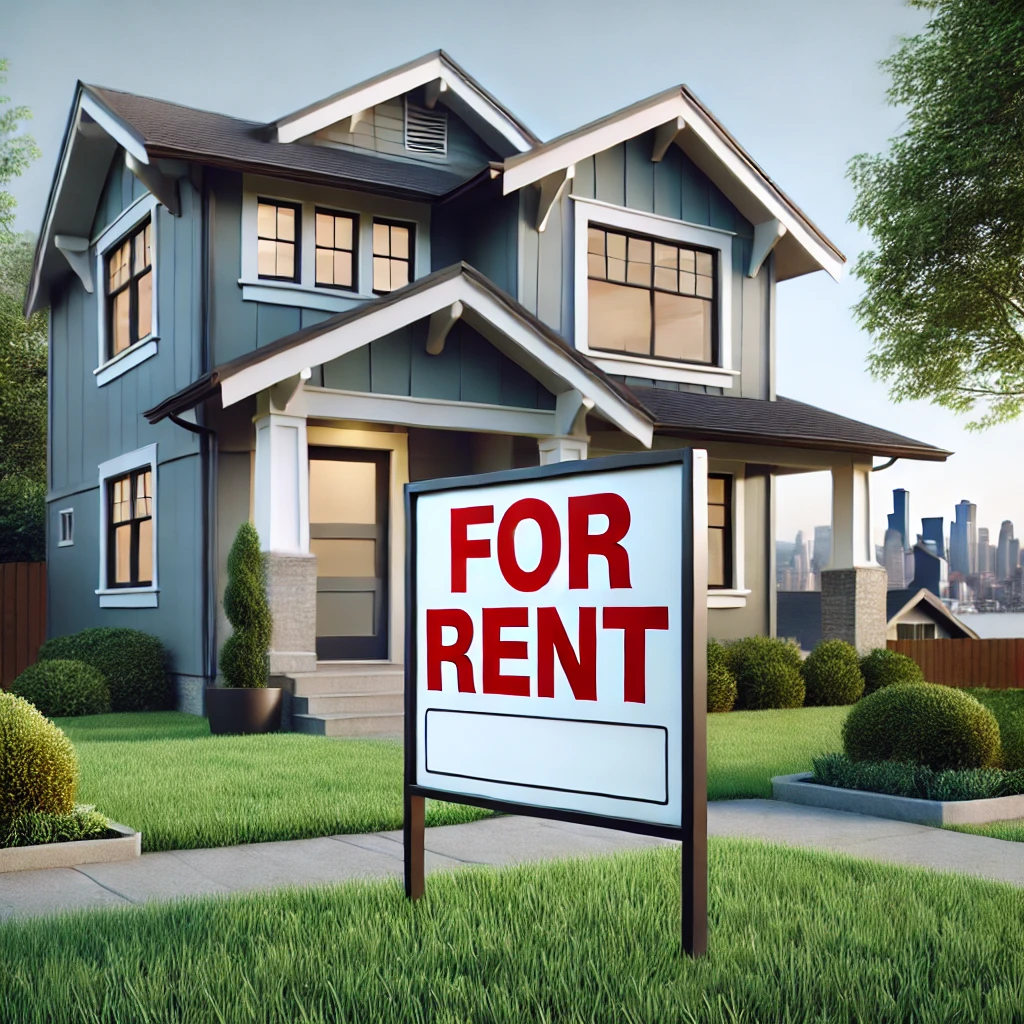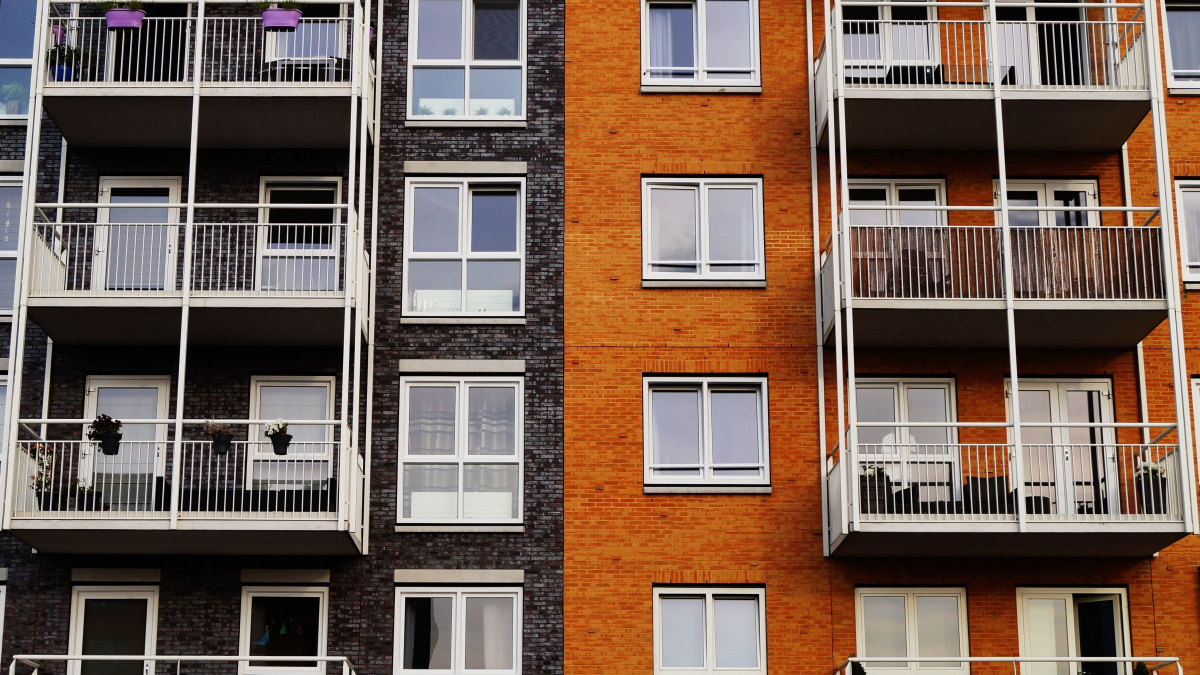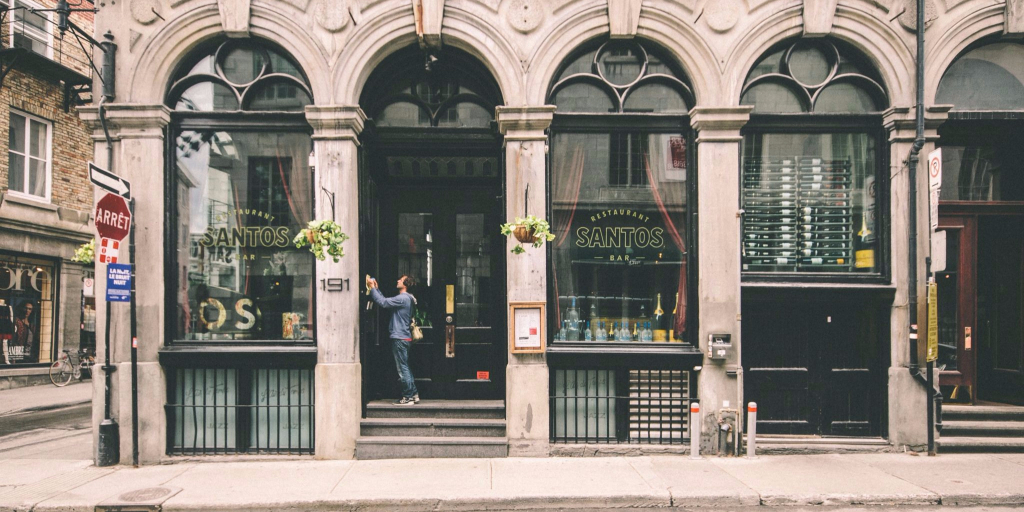A Seattle landlord is facing a lawsuit alleging discrimination against tenants based on race and familial status, violating Washington’s Fair Housing Act. The case sheds light on systemic inequalities in the housing market.
The lawsuit, filed in King County Superior Court, accuses property owner David Richards of refusing to rent units to Black applicants and families with children. The allegations were brought by the nonprofit Fair Housing Advocates Northwest (FHAN), which conducted a series of investigations into Richards’ properties.
“This lawsuit is about holding landlords accountable for perpetuating discriminatory practices,” said FHAN’s director, Maria Lopez. “Every person deserves equal access to housing, regardless of their race or family composition.”
The lawsuit cites evidence from FHAN’s undercover investigations:
- Black testers posing as potential tenants were allegedly quoted higher rents or denied availability, while white applicants were offered immediate leases.
- Families with children were reportedly steered toward less desirable units or told that units were not suitable for children.
- Tenant complaints revealed additional discriminatory actions, such as disparate treatment during lease renewals and maintenance requests.
Lopez emphasized the impact of these actions, stating:
“Discrimination in housing contributes to long-term economic inequality and segregation.”
Richards has denied the allegations, calling them “baseless and politically motivated.” His legal team issued a statement arguing that the claims lack merit and that his properties comply with all local and federal housing regulations.
“We look forward to clearing Mr. Richards’ name in court,” the statement read.
However, tenant testimonials included in the lawsuit describe a pattern of unequal treatment, painting a different picture.
One tenant, who chose to remain anonymous, claimed,
“Maintenance requests were ignored for months, but my white neighbors got immediate responses.”
Legal experts suggest the lawsuit could serve as a benchmark for similar cases in Washington and beyond.
“Fair housing laws exist for a reason, but enforcement often relies on proactive investigations like this,” said legal scholar Dr. Amanda Green.
If FHAN prevails, the court could impose fines, mandate policy changes, and order compensation for affected tenants. Housing advocates hope the case will inspire stricter oversight and stronger penalties for violators.
The case comes amid rising concerns about housing affordability and access in Seattle. Activists argue that discriminatory practices exacerbate existing challenges for marginalized communities. FHAN is urging policymakers to strengthen tenant protections and increase funding for fair housing initiatives.
“Discrimination has no place in our housing market,” Lopez said. “We’re committed to fighting for a more equitable future.”
The case is scheduled for a preliminary hearing early next year. In the meantime, FHAN is encouraging tenants to report any suspected violations of fair housing laws. Advocates believe this lawsuit could mark a turning point in addressing systemic issues in the rental market.





